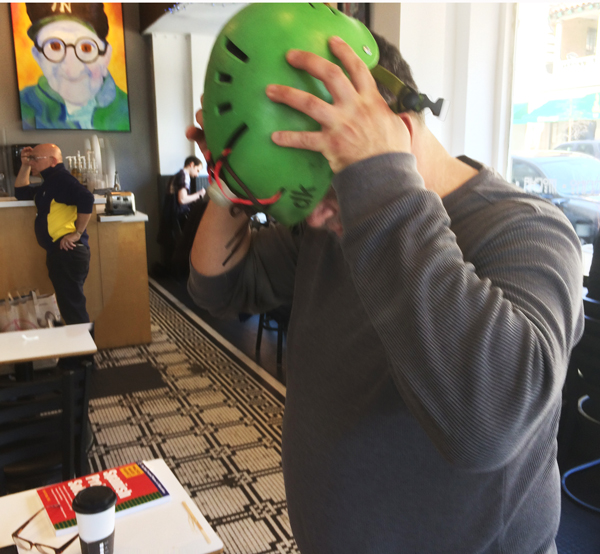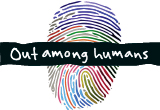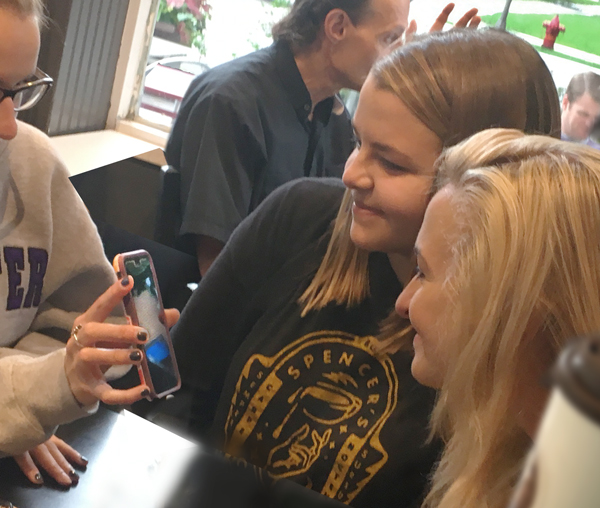The Modern Day Pioneer
 He measured 2 feet, 8 inches at birth. He weighed nearly 8 pounds, drew some 16,000 breaths, consumed 700 calories and slept 16 hours on his first day.His body temperature held steady at 98.7º F.
He measured 2 feet, 8 inches at birth. He weighed nearly 8 pounds, drew some 16,000 breaths, consumed 700 calories and slept 16 hours on his first day.His body temperature held steady at 98.7º F.
All of this is to say he was born as human as you and me.
But unlike us, he wasn’t issued a nine-digit, double-hyphenated identification number that promises a life much of the world dreams of.
He was an instructor of Economics and Mathematics. When the Peruvian economy took a dive, he grabbed a life raft headed for Cameroon where he translated French to English
From Africa he followed the same ‘Middle Passage’ that brought slaves to the New World. At 40 years of age he became a ‘lavaplato,’ washing dishes 14 hours a day in Panama City.
Later the Limeño humped furniture in Chicago and helped organize a drive for labor representation. A Russian-speaking Mongolian explained the CTA system and northern winters.
Like so many others, my friend overstayed his B-2 Visa. Officially, he doesn’t quite exist. He’s a bit-coin of a person.
Recently he went to work for himself, using his dexterity with languages to tutor and to moderate Spanish discussion groups. He’s a small-business capitalist who works without a net.
You can decide for yourself if his drive for a better life is different from the Europeans who sought asylum on Pequot and Narragansett territories.
My friend is not a rapist, a drug dealer or a human trafficker. He has his English down cold. He is just another resourceful pioneer making his way in a nation created by resourceful pioneers.![]()



